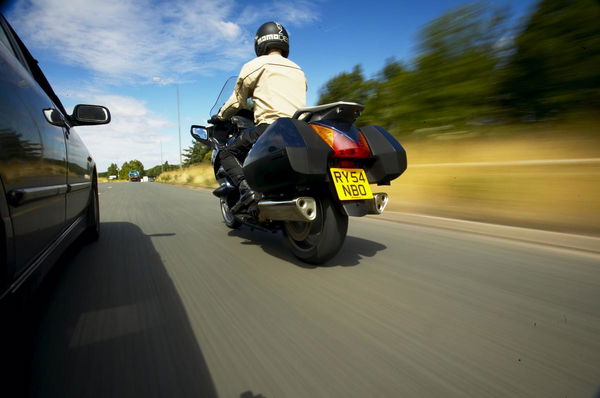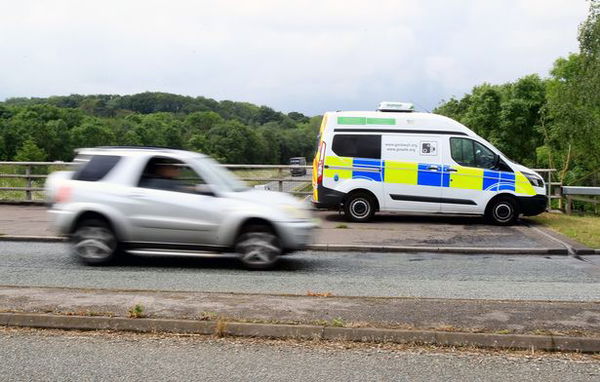EU proposing digital driving licence – could the UK follow?
The EU’s proposed changes to driving licence include digital QR codes, apps, and changes to legislation

THE EU is to discuss a shake-up of the current driving licence regulations on the continent, with a new directive that will affect all who use a driving licence.
For now, the licence changes are only reported to be affecting EU countries, although as the UK government can and has, in some respects, aligned with the EU on certain matters, it could be something we see further down the line.
4th Driving License Directive changes

EU to look at digital licences, apps, and QR codes
One significant proposal is the digitization of the driving licence within the EU. The move would put a driving licence or at least a facsimile of it on the holder’s smartphone. The digital licence would work in the same way as the physical licence and would be valid at police checks and for identification validation. It’s also being reported that the physical driving licence in the EU will combine a QR code on it, something that it hoped to help fight counterfeit licences.

B196 - 125cc provisional entitlement to be rolled out across Europe
Currently, riding a bike up to 125cc on your full car licence in Germany – called the B-196 licence – is only allowed in the country where you obtained the licence. The EU is looking to change that and offer those riding a 125cc on the B-196 to do some in any EU member state. The rule was previously only recognised nationally, but this change would make it possible to cross borders using this type of licence. Should the UK follow suit on this one, it could allow riders on a CBT and provisional licence to get across the channel and tour Europe should they want to.

Driving licence withdrawal to be recognised between countries
The EU is looking to extend its powers to withdraw a driver’s licence across the continent. This would see drivers banned in Italy also losing their ability to drive in their home country. This piece of legislation would require probably the most work from national governments. First of all, it would require member states to align themselves with a central set of limits, for driving offences like speeding, drunk and drug driving, dangerous driving and so on. Moreover, individual countries would need to allow all driving licence data to be shared centrally on a main European database.
As we mention at the top, these are just some of the proposed changes in the 4th Driver's License Directive, and while they could be implemented in some EU countries in the next year or so, we’ll wait and see if they affect UK road users.












